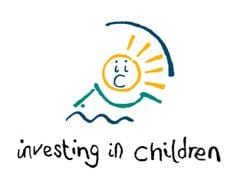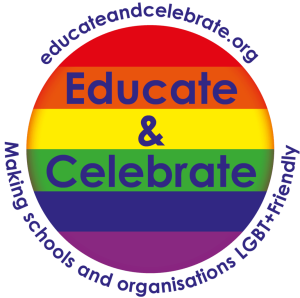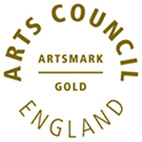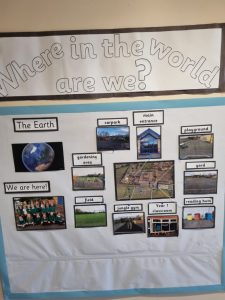
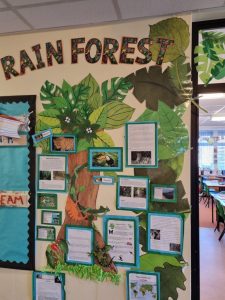
The national curriculum for geography aims to ensure that all pupils:
- develop contextual knowledge of the location of globally significant places – both terrestrial and marine – including their defining physical and human characteristics and how these provide a geographical context for understanding the actions of processes
- understand the processes that give rise to key physical and human geographical features of the world, how these are interdependent and how they bring about spatial variation and change over time
- are competent in the geographical skills needed to:
- collect, analyse and communicate with a range of data gathered through experiences of fieldwork that deepen their understanding of geographical processes
- interpret a range of sources of geographical information, including maps, diagrams, globes, aerial photographs and Geographical Information Systems (GIS)
- communicate geographical information in a variety of ways, including through maps, numerical and quantitative skills and writing at length.
Geography Intent
At North Park Primary School, our Geography curriculum is designed to inspire pupil curiosity about their world and engage pupils in meaningful geographical enquiry. By the end of Year 6, we intend our pupils to be ready for the next phase of their education, with a range of skills and attitudes to enable them to become competent geographers.
We believe Geography should be an investigative subject, which develops understanding of concepts, knowledge and skills, and this is facilitated through experiences in the classroom, as well as through access to a range of fieldwork and educational visits, including to localities such as Seaham and Saltburn. Key learning of skills is enhanced through the use of digital technology in school, for example through the use of an online mapping system and exploration of Google Earth.
Our Geography Curriculum
The curriculum has been sequenced to enable pupils to gradually widen their sense of place and scale, from their immediate geographical area to a progressively more global view. This is organised and shared in the long-term overview.
- In Key Stage 1, children will begin by looking at the local environment before moving on to study and compare Spennymoor with other areas.
- In Lower Key Stage 2. children explore the United Kingdom with a regional case study of the North East before moving on to study Europe, with a focus on the Bay of Naples.
- In Upper Key Stage 2 pupils will examine the world on a global scale, including studying how the landscape is shaped by both the environment and by people’s actions (physical and human geographical skills). Comparative studies include San Paulo in Brazil.
This learning builds upon the foundations laid down in Early Years, where children experience and develop early geographical skills and vocabulary through the following topics:
- Out and About
- London
- Gateways to Geography- Africa and Oceans
Within these topics, children focus on:
- Describing their immediate environment using knowledge from observation, discussion, stories, non-fiction texts and maps.
- Exploring the natural world around them, making observations and drawing pictures of animals and plants.
- Knowing some similarities and differences between the natural world around them and contrasting environments, drawing on their experiences and what has been read in class.
- Understanding some important processes and changes in the natural world around them, including the seasons and changing states of matter.
Our approach to learning in Geography is delivered through termly units. Throughout Key Stage 1 and Key Stage 2 map and fieldwork skills are also developed through a series of field-based enquiries. The curriculum content for each sequence of learning is laid out in the medium-term plan for each unit.
Learning in geography is enhanced and reinforced through additional activities in a range of areas, including (but not exclusive to) multi-cultural week, as well as discussions of current local, national and global issues, for example through the use of Newsround, in daily assemblies and through extended reading opportunities.
Our medium term plans detail the content taught in each year group, and in each term
Adobe Reader
You may need a product like Adobe Reader (free download) to view our PDF documents on our website.


